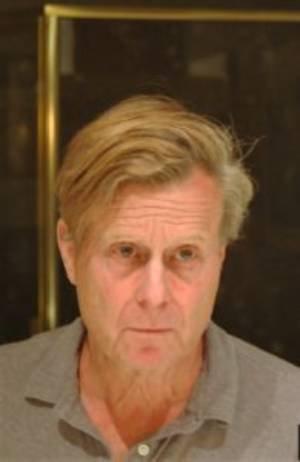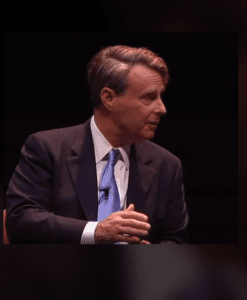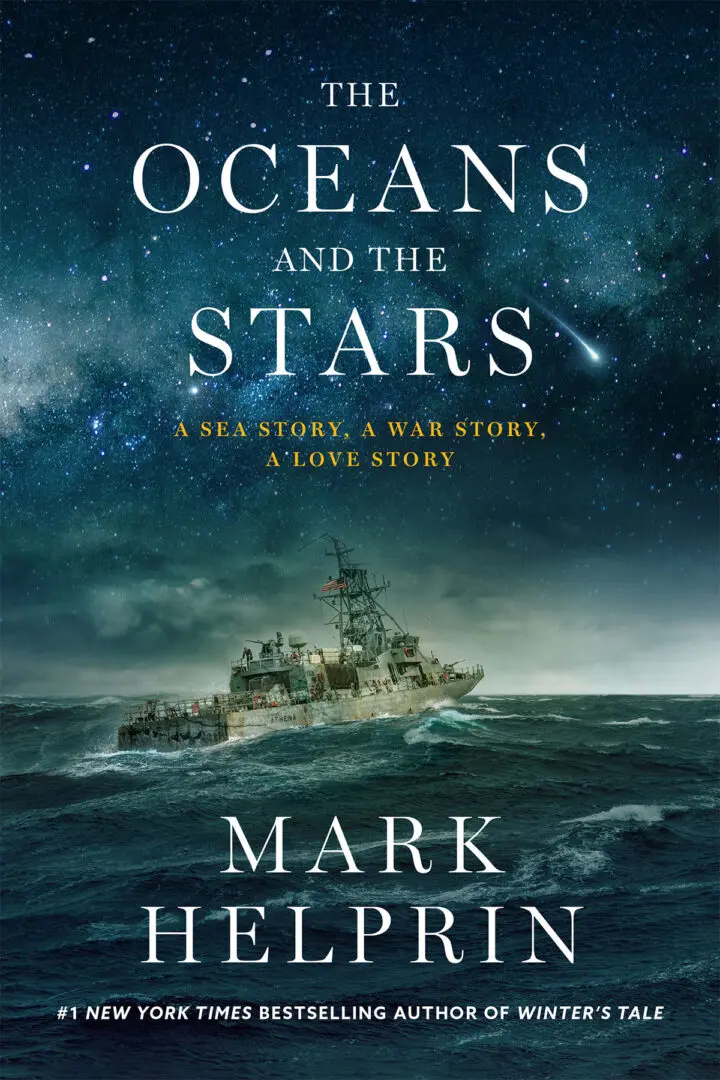“I find myself nervous, to a degree I don’t recall in my past as a reviewer, about failing the work, inadequately displaying its brilliance.”
-Front Page, The New York Times Book Review
“Tolstoy. . . Stephen Crane. . . Stendahl. . . now — daringly, dazzlingly — Mark Helprin stakes a present claim to membership in these later ranks. . . . He succeeds triumphantly.”
-Front Page, The Chicago Tribune Book Review
“Fit to stand alongside the works of Erich Maria Remarque, and, yes, Hemmingway’s A Farewell to Arms. . . . Helprin has written a monumental novel.”
-Front Page, The Washington Post Book Review
“Constant brilliance. . . . Rarely less than breathtaking. . . .Every single story sings with purity, vibrates with light and dedicated honesty of vision.”
–The Cleveland Plain Dealer
“A kind of genius.”
–The Spectator, London
“Joyce and Nabokov could produce verbal astonishments as readily. Not many others come to mind. ”
–Time
“Stunning . . . moving . . . electrifying . . . . Helprin is. . . a writer who can leave you breathless with his command of the language . . . . He speaks with the tongues of angels. ”
–San Francisco Chronicle
“In the best traditions of Pasternak. . . just as compelling and satisfying to the reader.”
-Front Page, The New York Times Book Review
“A testament to Helprin’s special genius – his ability to evoke a time and place so authentically, it is hard to imagine that he didn’t live through the Second World War or visit a newly liberated Paris.”
–Esquire
“Lyrical, thrilling and at times astonishing. ”
-Chicago Tribune
“Helprin builds superbly to a two-part finale . . . and the harmonization of the dual climaxes results in passages so gorgeous and stirring that I was moved to read them out loud. ”
–The Wall Street Journal
“The last epic novelist . . . ..Helprin’s influences tend to other centuries, to Shakespeare and Melville . . . . [He] takes the long view, and in that maybe there is a lesson for those who have given up on ambition. If his latest novel is a book out of time, perhaps it holds clues as to where the novel ought to go from here. ”
–Esquire
“[He] produces a kind of music that few living writers know how to create. ”
–The Wall Street Journal
“Helprin, author of the indelible Winter’s Tale and A Soldier of the Great War, has always been most comfortable in the epic mode, retaining a classicist’s eye for beauty while preserving enough of the contemporary world to speak to the present. His prose has an aching beauty that stems from his unembarrassed devotion to tradition.”
–The Boston Globe
“Mark Helprin should win the Nobel Prize. . . . He is closer to Victor Hugo or Alexandre Dumas than to any contemporary novelist I know of. ”
–National Review
“Helprin is the closest thing modern culture has to such esteemed figures as John Keats and Walter Pater . . . . Though Modernists and Post-Modernists have undoubtedly dominated the twentieth century, and the beginning of the twenty-first century, I do foresee the pendulum-swing back . . . [with] Mark Helprin as a leading figure of the 21st century Renaissance.”
–Huffington Post
“If America, France, and the rest of the West succeed in revitalizing their political and literary culture, one sign of it will be more writing that approaches the elegance, intelligence, and grandeur of Helprin’s work. ”
–City Journal
“With riotous energy and sustained brilliance . . . Helprin lights his own way, in his own singular direction.”
–Time
“Helprin is an American treasure. . . . There are lesser, younger lights working the mines, but we’re talking modern legends here. . . . If only a few hundred other writers had followed his lead, we might have been spared years and years of jilted lover’s breath turning into vampiric butterflies and dead grandmothers appearing from the jungle haze. ”
–The Federalist
“He creates tableaux of such beauty and clarity that the inner eye is stunned. ”
–Publisher’s Weekly

The Author, 2017. Æ T 70
Mark Helprin
Mark Helprin belongs to no literary school, movement, tendency, or trend. As many have observed, and as Time Magazine has phrased it, “He lights his own way.” His three collections of short stories (A Dove of the East and Other Stories, Ellis Island and Other Stories, and The Pacific and Other Stories), seven novels (Refiner’s Fire, Winter’s Tale, A Soldier of the Great War, Memoir From Antproof Case, Freddy and Fredericka, In Sunlight and in Shadow, and Paris in the Present Tense), and three children’s books (Swan Lake, A City in Winter, and The Veil of Snows, all illustrated by Chris Van Allsburg), speak eloquently. Learn more
BACKSTORY
From the Author
After brief service in the British Merchant Navy, at age twenty, I tried to write a novel that I had thought up during long watches at the helm of a 600-foot collier pushing across the Atlantic. One of my shipmates had told the story of HMS Royal George, lost on 28 August, 1782, with 800 dead, including most notably 100-200 “ladies” not exactly members of the crew.
This seemed to me to echo the longings of the men on the M.V. Stonepool, as our imaginations populated the ship with women loved, desired, and missed, for their spirits as much as anything else ruled our dreams.
By living it, I had stumbled upon the “Ulysses Theme”: in short, the conflict between the attractions, on the one hand, of exploration, enterprise, war, and action, and, on the other, of home, hearth, family, domestic peace, and social order. This and much more is beautifully explored in one of the great works of British scholarship, W.B. Stanford’s The Ulysses Theme (Oxford, re-issued1968), a book of which, at the helm in 1967, I was completely unaware. That I had nonetheless sensed the broad outlines of the Ulysses Theme was not a testament to my admittedly minor intelligence but rather to the truth and universality of a literary paradigm followed since – or even before – Homer.
Selected Interviews and Essays

Chicago Humanities Festival Interview
[Live From Printer’s Row, Nov. 4, 2012] From the 2012 Chicago Humanities Festival, Mark Helprin sits down for a wide-ranging one hour interview with the Chicago Tribune’s James Janega. Watch the video of this interview on YouTube
Read MoreBy Starlight Undiminished
By Starlight Undiminished: How the American Landscape Shaped the Founding. On behalf of the Second Continental Congress in declaring America’s independence, Jefferson in the first paragraph of the Declaration drew upon authority greater than the Crown, the British Empire, and the long traditions of English law and government. “With a firm Reliance on the protection…
Read MoreMark Helprin, His Life and Work
Socrates in the City, 2019
Read MoreFalling Into Eternity
In the tumultuous sixties, as an undergraduate at Harvard (for which I have prayed for forgiveness most of my life), I was disappointed again and again by the common Victorian and early twentieth-century convention of beginning a chapter with lush description and then abandoning it in favor of social interaction, philosophical reflection, and plot development.…
Read MoreSpeaking Freely
The wars about English are fought predominantly on the battlefields of grammar, syntax, and general usage. Unlike French, as puritan in regard to adoption as are the Japanese in regard to immigration, English has always promiscuously embraced anything that washes up on its shores. Partly because of its Norse, Teutonic, and Latinate roots; the world-spanning…
Read MoreBibliography
Bibliography, as of July 2023 Click to view
Read More